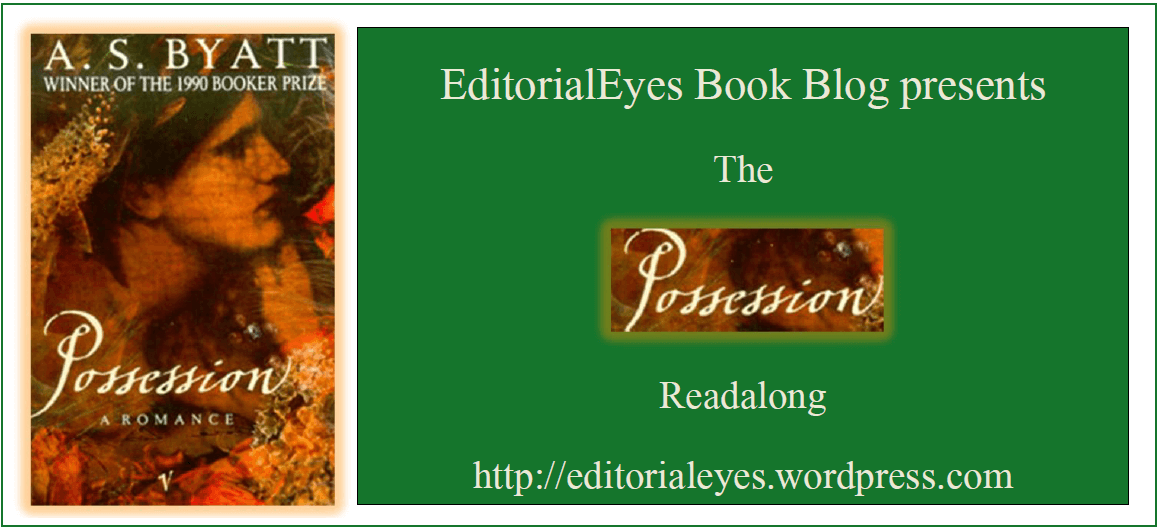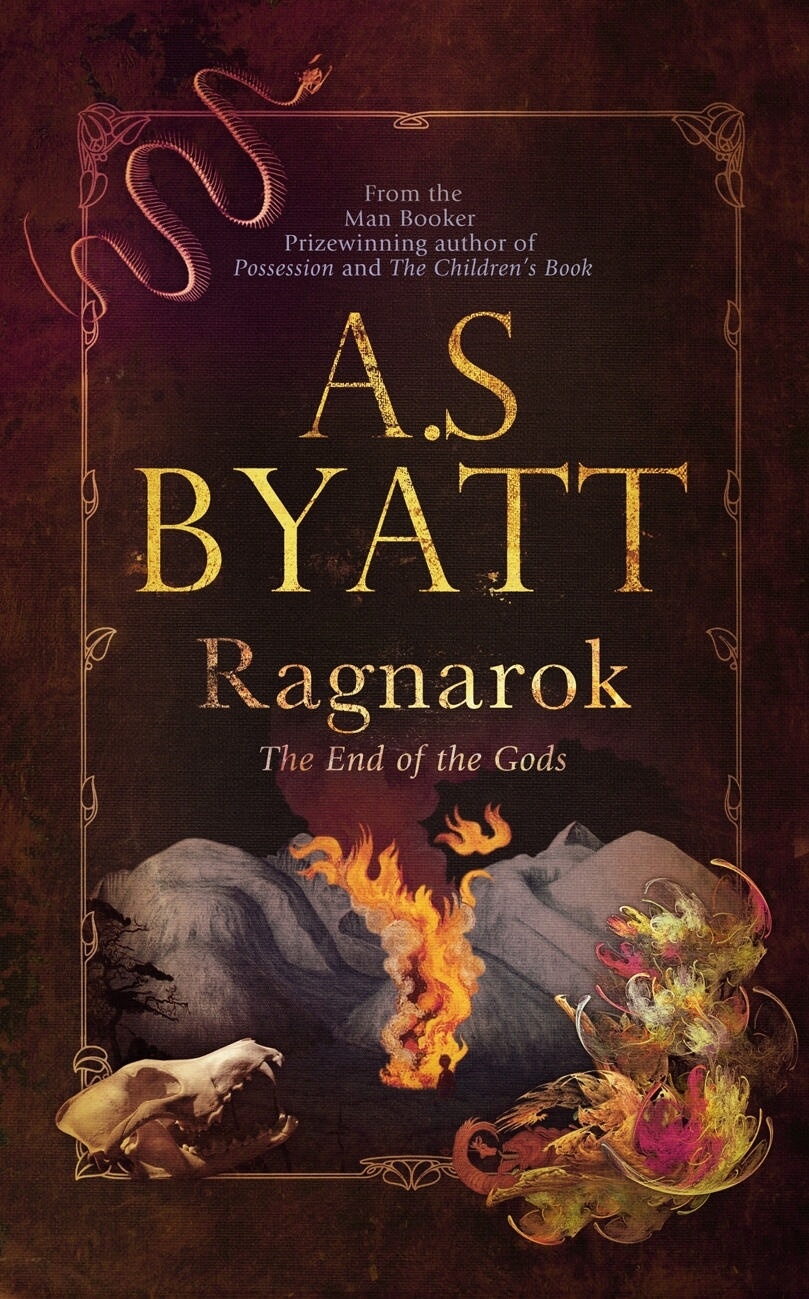Love and betrayal. Living history, rife with passion and scandal. Mysteries hidden and unravelled: these form the heart of A.S. Byatt’s complex, achingly lovely, incredibly intelligent Possession. An illicit romance between two Victorian poets, and the affair’s wide-ranging consequences, remains hidden for over a century until, in modern-day England, two scholars who specialize in the works of these poets stumble onto their secret. And that secret threatens to cause just as much of a mess in 1990 as it did in the 1800s.
The eminent Randolph Henry Ash and the obscure Christabel Lamotte should barely have crossed paths, let alone conducted a dizzying affair that shook social mores and ruined lives. And how could it have stayed hidden all these years? Ash expert Roland Michell and Lamotte expert Maud Bailey go on the hunt for clues to better understand the mysterious letters Roland has discovered. But the stakes are upped monumentally when others join the chase, and when Roland’s and Maud’s very reputations could be disgraced.
From séances, theosophy, and faerie lore to the constraints imposed by imperialism, paternalism, and social class, A.S. Byatt creates a mesmerizing mystery and a sweeping love story. Told not just in third-person narrative but also through letters, diaries, and the works of the poets themselves, Byatt shows a chameleon-like ability to embody different voices in different media. This book is also at once a critique of modern academia and of notions of progress in both the Victorian and modern eras; it is an examination of femininity and masculinity and sexuality, of power and oppression, and, of course, it is about possession: of an object, of knowledge, of a lover, of a secret.


